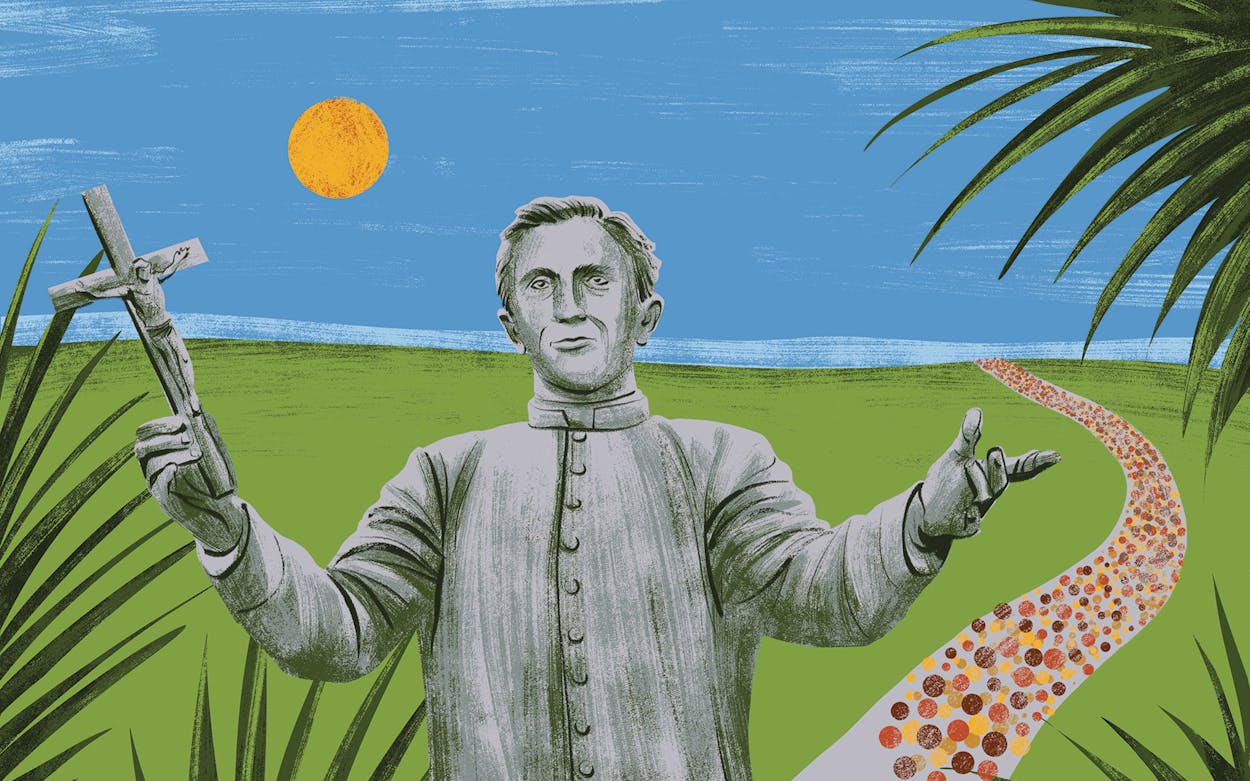Growing up in Brownsville, Cecilia Ballí would often hear members of her extended family say, “We used to own the island.” They were talking about Padre Island, the sliver of land that runs more than one hundred miles along the South Texas coast. Ballí’s forebears had come to the region in 1749, and ten years later, King Carlos III of Spain granted them the entirety of the island. But in the 1930s, a New York lawyer (now deceased) persuaded several dozen of them to sell him their land—about 27,000 acres—and to sell it cheap.
The Ballís were supposed to retain a portion of their oil and gas rights and the resulting royalty payments, but they never received the money. All her life, the family would talk about banding together and suing to recoup the royalties. In 2000 their case finally went to trial.
At the time, Ballí, 24 and a reporter for the San Antonio Express-News, wrote a short essay about her family and the trial. Texas Monthly editor in chief Evan Smith saw it and asked her to write a longer version for the magazine. The result was a seven-thousand-word feature ending on a note of hope. Even though “some people are washed out of their own histories,” she wrote, “sometimes—not often, but sometimes—the little man does win.”
The story came out in January 2001, a stellar debut for a young writer. Ballí began receiving letters and emails from readers whose families were also trying to win back stolen land and royalties. (The Ballís wouldn’t get any money for years, and by the time the appeals process had played out and the money was split among numerous plaintiffs and lawyers, there wasn’t much left. “No one got rich,” she recalled. “I can tell you that.”)
Cecilia also heard from Ballí descendants in other states, often grandchildren trying to piece together the story of their elders. “I think people are searching to reconnect with their roots and where they came from,” she said. “Especially the ones that ended up all over the country, mostly because their grandparents became migrant farmworkers who had to leave South Texas. I sense the real meaning of the legal case is about reclaiming your identity and your past. There’s also this sense that Mexican Americans used to be a respected people but lost their place in society when they lost their lands and became discriminated against. And it’s taken over eight generations to rebuild that.”
This article originally appeared in the September 2022 issue of Texas Monthly with the headline “Return to Padre.” Subscribe today.









